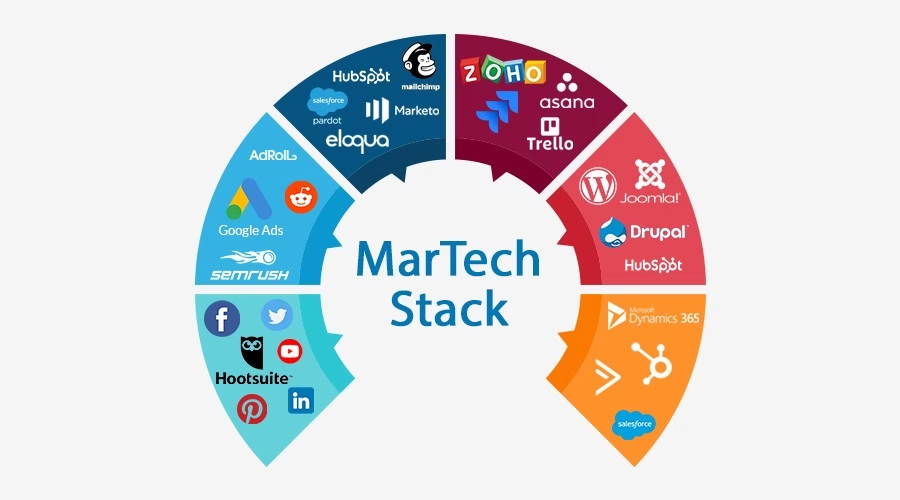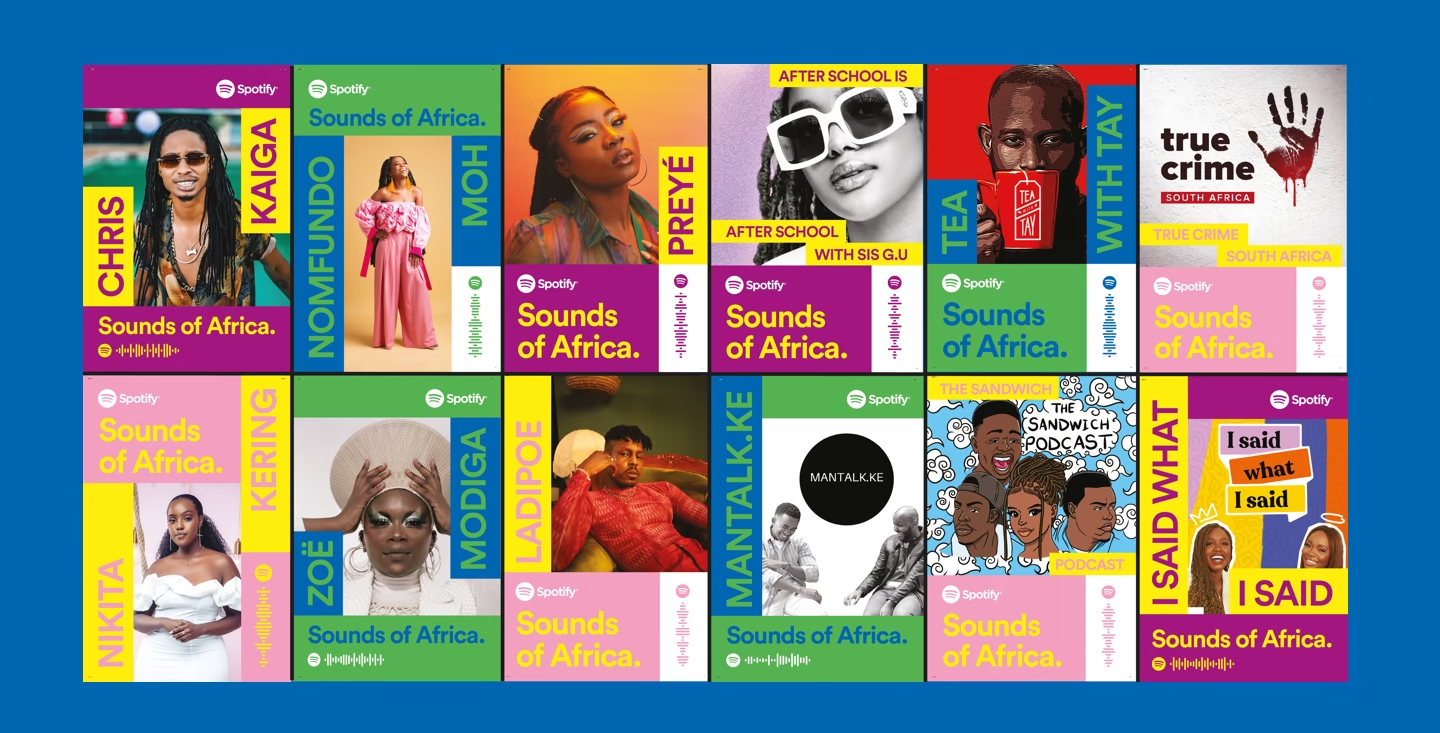By Stanislaus Martins, Marketing and Technology Expert
The marketing landscape is evolving rapidly, and nowhere is this transformation more critical than in Nigeria and across Africa. As businesses strive to engage an increasingly digital audience, artificial intelligence (AI), automation, and data-driven marketing are reshaping how brands connect with consumers.
For marketing teams across the continent, the challenge is clear: Adapt to these technological shifts or risk falling behind. The question now is not whether AI and automation will impact marketing but how quickly brands can integrate these technologies to stay ahead.
The Need for Future-Proofing in African Marketing
Africa’s digital economy is growing exponentially, fueled by rising smartphone penetration, mobile payments, and a young, tech-savvy population. With over 50% of Africa’s population under the age of 25, brands need to rethink their engagement strategies to align with this dynamic demographic.
However, as technology evolves, traditional marketing approaches—such as manual campaign management, generic audience targeting, and basic SEO tactics—are becoming obsolete. The future belongs to brands that can leverage AI, automation, and machine learning to create hyper-personalized experiences.
Key Strategies to Future-Proof Marketing Teams in Africa
1. Embracing AI-Powered Personalization
AI is no longer a futuristic concept—it is already transforming marketing across industries. African e-commerce platforms, fintech startups, and telecommunications companies are increasingly adopting AI-driven tools to enhance customer experiences.
For instance, AI-powered marketing tools can:
- Analyze customer behavior and predict purchasing patterns
- Automate personalized email and SMS marketing campaigns
- Optimize ad placements in real-time for maximum engagement
Example:
Nigerian fintech companies like Flutterwave and Paystack use AI-driven marketing automation to send tailored financial product recommendations based on customer transaction history.
2. Data-Driven Decision Making
Marketing in Africa has historically relied on gut feeling and traditional advertising. However, the future belongs to teams that can harness data to make informed decisions.
Key areas where data-driven insights can enhance marketing include:
- Customer segmentation: Understanding different audience demographics and their behavior
- Predictive analytics: Forecasting trends to optimize marketing spend
- Performance tracking: Measuring campaign effectiveness in real-time
Brands like Jumia and Konga use AI-powered data analytics to track customer engagement patterns, refine product recommendations, and improve conversion rates.
3. Automation for Efficiency and Scalability
Marketing automation tools allow brands to reduce manual effort and scale their operations without losing efficiency.
Key benefits of marketing automation include:
- Automated social media posting to maintain engagement across platforms
- Chatbots for customer service to handle inquiries efficiently
- Lead nurturing sequences that guide prospects through the sales funnel
Example:
African banks such as GTBank and Access Bank use AI-driven chatbots to provide instant responses to customer queries, freeing up human agents to handle more complex issues.
4. Integrating Multi-Channel Marketing Strategies
With millions of Africans active on mobile, social media, and messaging platforms like WhatsApp, marketing teams must adopt an omnichannel approach.
This means ensuring a seamless experience across:
- Social media (Facebook, Instagram, Twitter, LinkedIn, TikTok)
- Search engines (Google, Bing, AI-powered search assistants like ChatGPT)
- Messaging apps (WhatsApp, Telegram, SMS marketing)
Brands that fail to integrate these channels risk losing engagement. A unified digital strategy ensures that marketing messages reach consumers on the platforms they trust the most.
5. Preparing for AI-Powered Search and Content Discovery
AI-driven search engines are changing how consumers discover brands online. Unlike traditional keyword-based search engines, AI-powered platforms use natural language processing to provide more relevant and personalized search results.
To remain visible in an AI-driven search landscape, brands must:
- Optimize content for AI-powered search assistants (like Google Bard and ChatGPT)
- Focus on topic clusters instead of single keywords to build content authority
- Leverage structured data and schema markup to help AI understand website content
For Nigerian brands, this means ensuring that local businesses appear in voice searches, AI chat recommendations, and personalized discovery feeds.
6. Upskilling Marketing Teams for the Future
Future-proofing is not just about technology—it’s about people. African marketing teams must invest in continuous learning to keep up with industry trends.
Essential skills for modern marketing teams include:
- AI and machine learning basics for marketing automation
- Data analytics and performance tracking
- SEO and Generative Engine Optimization (GEO)
- Social media strategy and community management
Companies that fail to upskill their teams risk falling behind in an era where digital skills drive business growth.
7. Agility and Adaptability in Marketing Strategies
The future is unpredictable, and marketing teams must be agile enough to pivot when necessary. The COVID-19 pandemic showed how quickly consumer behavior can change. Businesses that quickly adapted to digital-first strategies survived, while those that were slow to adjust struggled.
African brands must remain flexible, data-driven, and open to innovation to stay ahead in a rapidly evolving market.
Final Thoughts: The Future is Now
Future-proofing marketing teams in Africa is no longer optional—it is a necessity. AI, automation, and data-driven strategies are reshaping the industry, and businesses that fail to adapt risk being left behind.
For Nigerian and African brands, the opportunity is enormous. By leveraging AI, embracing data, and upskilling teams, companies can position themselves for long-term success in an increasingly digital world.
The future belongs to those who anticipate change and take action today. The question is: Is your marketing team ready for what comes next?










